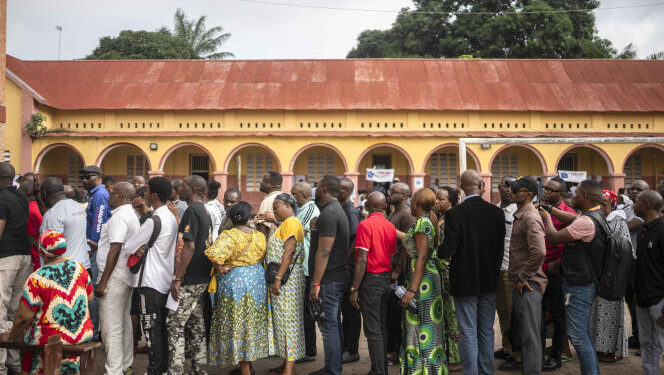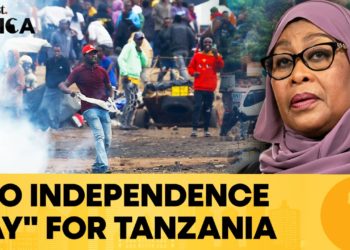The Democratic Republic of Congo’s (DRC) fate is yet to be determined a week after the elections. The elections, which were held on December 20, were marked by significant unrest, allegations of irregularities, and escalating tensions across the nation.
Due to numerous logistical problems, the voting was officially extended by a day and even lasted until Christmas day in some remote areas, a move that has been cited as having “encouraged widespread fraud.”
Some independent observers also said the extension compromised the credibility of the vote. Cardinal Fridolin Ambongo, archbishop of the Catholic Church in the DRC, has called the process a “gigantic disorganized disorder.”.
Opposition leaders in the country have been seen to protest the results and denounce the election as a “sham.” Together with dozens of civil society groups, the opposition leaders have demanded the annulment” of the elections.
Five opposition presidential candidates informed the governor of Kinshasa in a letter published Saturday of their intention to organize the march set for Wednesday. Consequently, Interior Minister Peter Kazadi declared the demonstrations disruptive with no legal basis and aimed at undermining the work of the election commission, which was still compiling results.
Nonetheless, protests ensued yesterday, with police deploying tear gas in Kinshasa to scatter opposition supporters demanding a redo of the disorderly presidential and legislative elections conducted the previous week.
Police in riot gear surrounded the headquarters of one of the presidential candidates, Martin Fayulu, where protesters were meant to gather for a scheduled start time of 0900 GMT.
Some protesters tried to block roads with burning tires before police intervened with tear gas, as people around Fayulu’s headquarters were seen throwing rocks at the police, who retaliated in kind.
In another part of the country, in the eastern city of Butembo, protestors blocked roads and disrupted traffic with burning tires before dispersing.
The commission has not disclosed how many of the approximately 44 million registered voters cast ballots, nor given any indication of what the latest given figure represents in relation to the total number of votes.
However, the latest tally on Tuesday put incumbent President Felix Tshisekedi well ahead of his 18 challengers, with almost 79 percent of the around 6.1 million votes counted so far.
Election disputes risk further destabilizing Africa’s second-largest country, a major cobalt and copper producer plagued by widespread poverty and insecurity in its eastern region.















